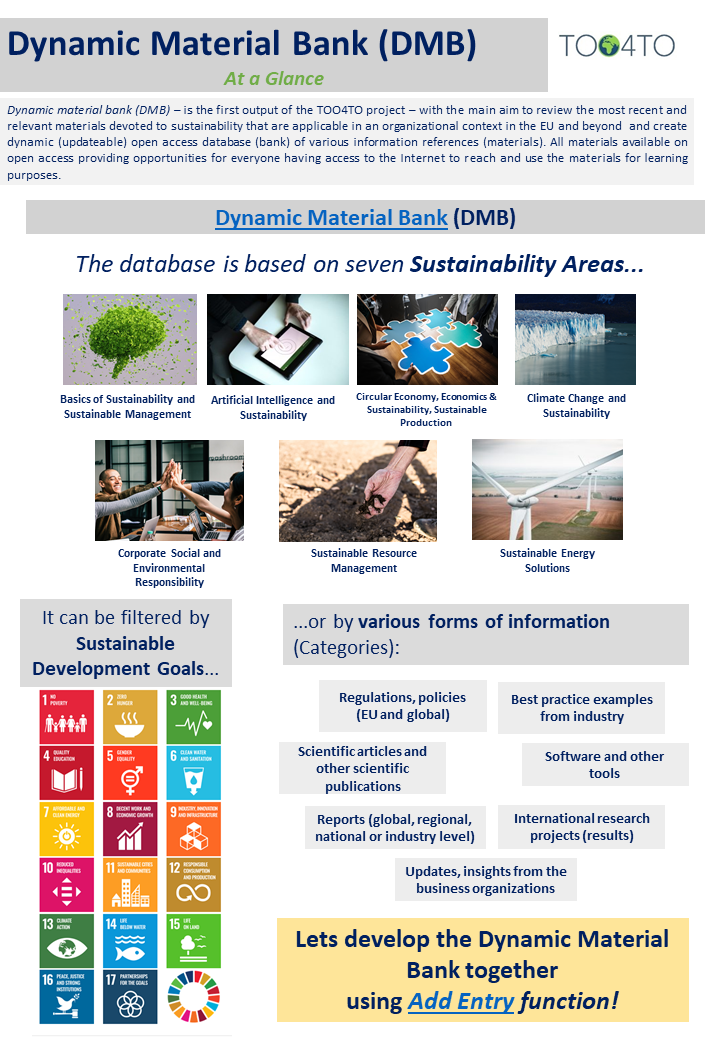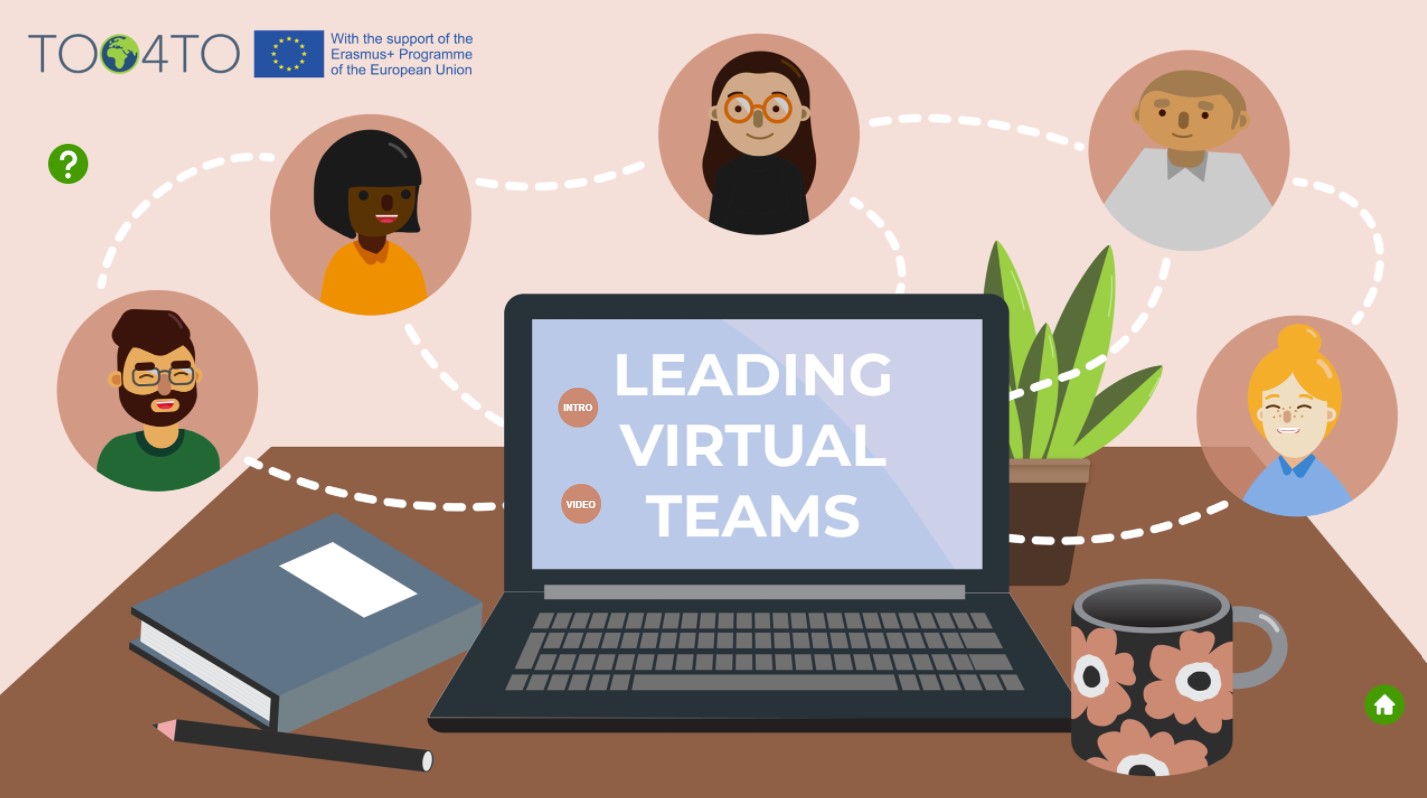TOO4TO Course Module: Circular Economy, Economics & Sustainability, Sustainable Production
Topic outline
-
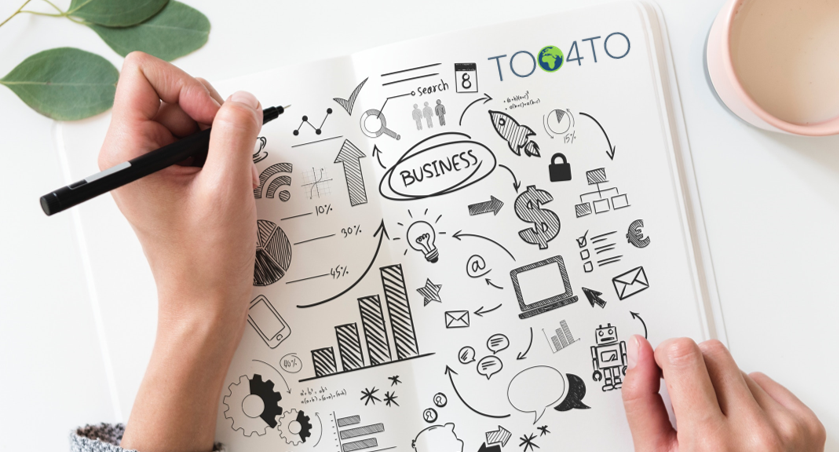
Contact persons:
Please provide for your students/participants
-
News and announcements from the teacher
-
In this forum, you can run discussions and ask questions.
-
-
Course modules' learning objectives:
- Students will gain knowledge of the circular economy and its neighbouring concepts;
- Students will be familiarised with materials and techniques on how companies can assess and implement circular economy;
- Students will understand the role of cooperation and shared resources in the circular economy;
- Students will be able to critically analyse and assess business actions in terms of sustainability and circularity.
Introduction to the module:
Nowadays, the global economy is transforming in a sustainable direction Resources depletion and climate change force people to look for more sustainable, environmentally friendly practices.
It is necessary to create new business models to reduce social and environmental impacts and switch to circularity with all of its related aspects.
This module will familiarise students with new business models and concepts related to the circular economy, economy and sustainability, and sustainable production. Learners will be provided with materials and tools that can be used to design, implement and successfully manage the actions taken in companies, cities and regions to become more sustainable. Students will get knowledge in the context of circularity and sustainability, and they will understand the needs, benefits, opportunities, and challenges of a circular and sustainable economy.
Below you can find a link to a video that outlines the content of this course module and links to further videos that provide a quick orientation to the module’s content.
Introductory video
Videos related to the topics covered
Circular Economy
Reduce, Reuse, Recycle
How businesses are reducing waste and promoting recycling
How to become a Green SME in a Circular Economy
Moving towards a circular economy
-
To complete Part 1 of the individual work, please do the following:
- read document Part1: Introduction to Circular Economy and its neighbouring concepts
- take Part1: Quiz to test how well you have absorbed the information read. You need to answer 6/10 of the questions right to pass the quiz. You can take the quiz as many times as needed.
-
An infographic summarising Part 1 content
-
•Tripple Bottom Line concept•Planetary boundaries•Linear economy vs. Circular economy Principles of CE•Europe as a linear economy•System and systems thinking and their role in CE•3R / 9R frameworks
-
This thinking exercise consists of 2 parts that can be done individually or in groups. Please read the description and follow the guidelines.
-
To complete Part 2 of the individual work, please do the following:
- read document Part 2: How can companies assess and implement circular economy
- take Part 2: Quiz to test how well you have absorbed the information read. You need to answer 6/10 of the questions right to pass the quiz. You can take the quiz as many times as needed.
-
An infographic summarising Part 2 content
-
- Material Flow Analysis (MFA)
- Eco-design
- Life Cycle Analysis (LCA)
- Sustainable Supply Chain
- Circular Canvas
-
To complete Part 3 of the individual work, please do the following:
- read document Part 3: Shared Resources and Cooperation
- take Part 3: Quiz to test how well you have absorbed the information read. You need to answer 6/10 of the questions right to pass the quiz. You can take the quiz as many times as needed.
-
An infographic summarising Part 3 content
-
- Sharing economy
- Reverse logistics
- Extended Producer Responsibility (EPR)
- Eco-industrial parks (EIPs)
- Circular Economy and renewable energy
-
A well-known example of industrial symbiosis is the Kalundborg Eco-Industrial Park (EIP) in Denmark. Read and watch a video on how symbiotic relations are created and exploited between enterprises co-located in the EIP.
-
This thinking exercise consists of 2 parts that can be done individually or in groups. In order to take part in this thinking exercise, one should read Part 3 presentation slides, Case Kalundborg materials as well as pages 13-14 and 21-25 from World Bank (2021) International Framework for Eco-Industrial Parks (listed as recommended reading).
-
-
-
A collection of case studies, curated by Ellen Macarthur Foundation, presents circular economy success stories from around the world, showing how businesses, governments and cities are transforming our economy into one that works for people and the environment
-
39 inspiring circular economy solutions from around the globe assessed by Sitra and Deloitte
-
-

Sustainable Development: Tools for Tomorrow (TOO4TO) was a 35-month EU-funded Erasmus+ project, running until August 2023 in co-operation with European strategic partner institutions of the Gdańsk University of Technology (Poland), the Kaunas University of Technology (Lithuania), Turku University of Applied Sciences (Finland) and Global Impact Grid (Germany).
TOO4TO aims to increase the skills, competencies and awareness of future managers and employees with available tools and methods that can provide sustainable management and, as a result, support sustainable development in the EU and beyond.
Project website: https://too4to.eu/
Project partners:
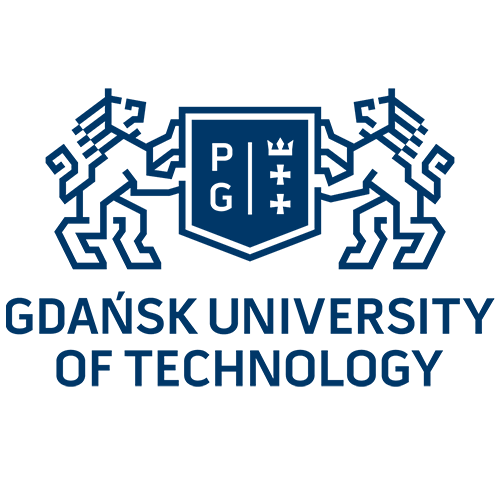
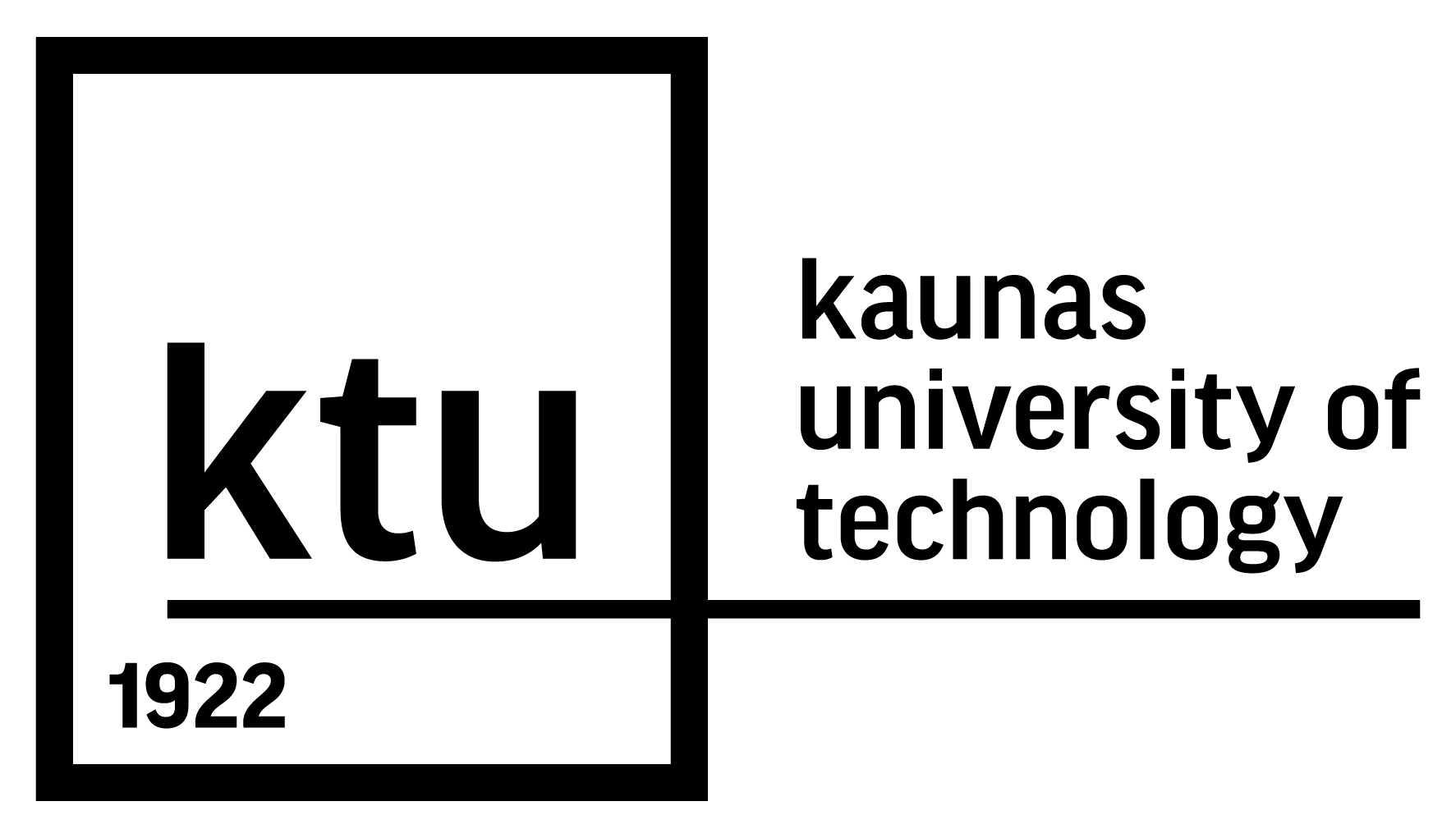

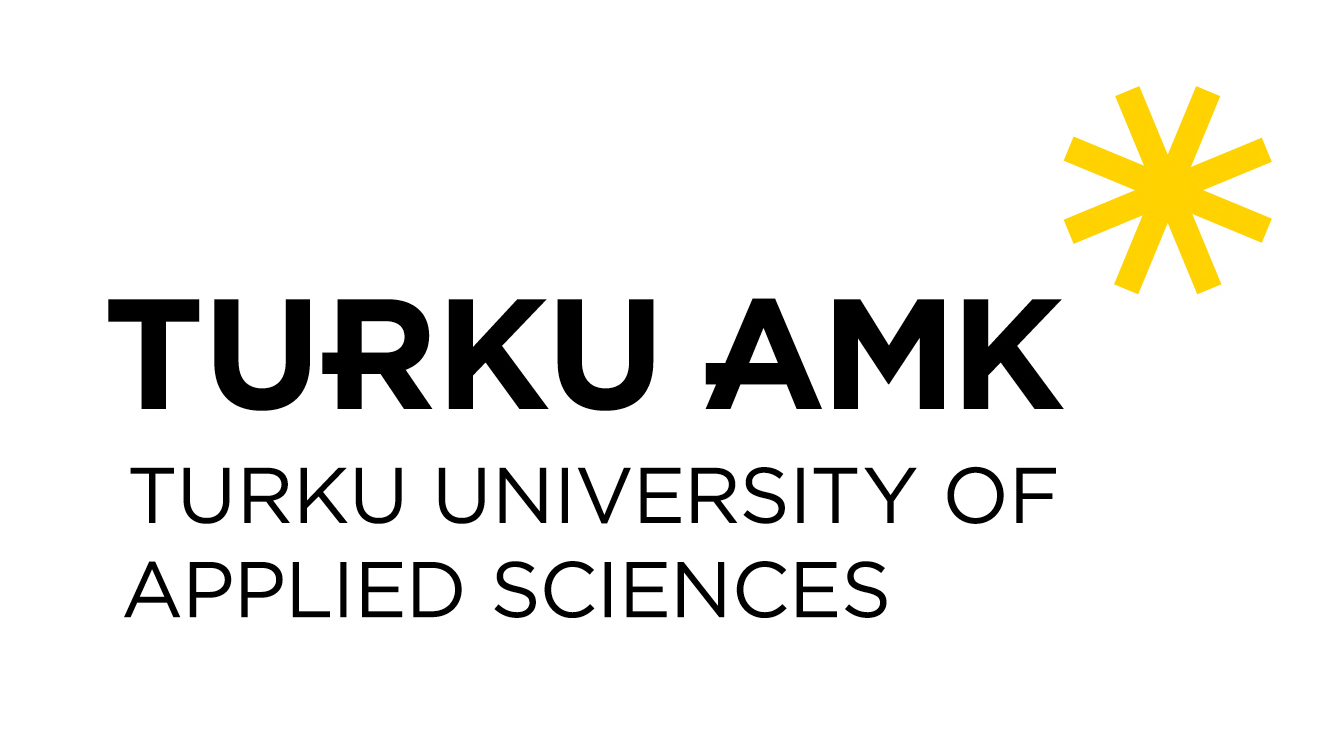
This project has been funded with support from the European Commission. This website and its whole content reflect the views only of the author, and the Commission cannot be held responsible for any use which may be made of the information contained therein. PROJECT NUMBER 2020-1-PL01-KA203-082076


